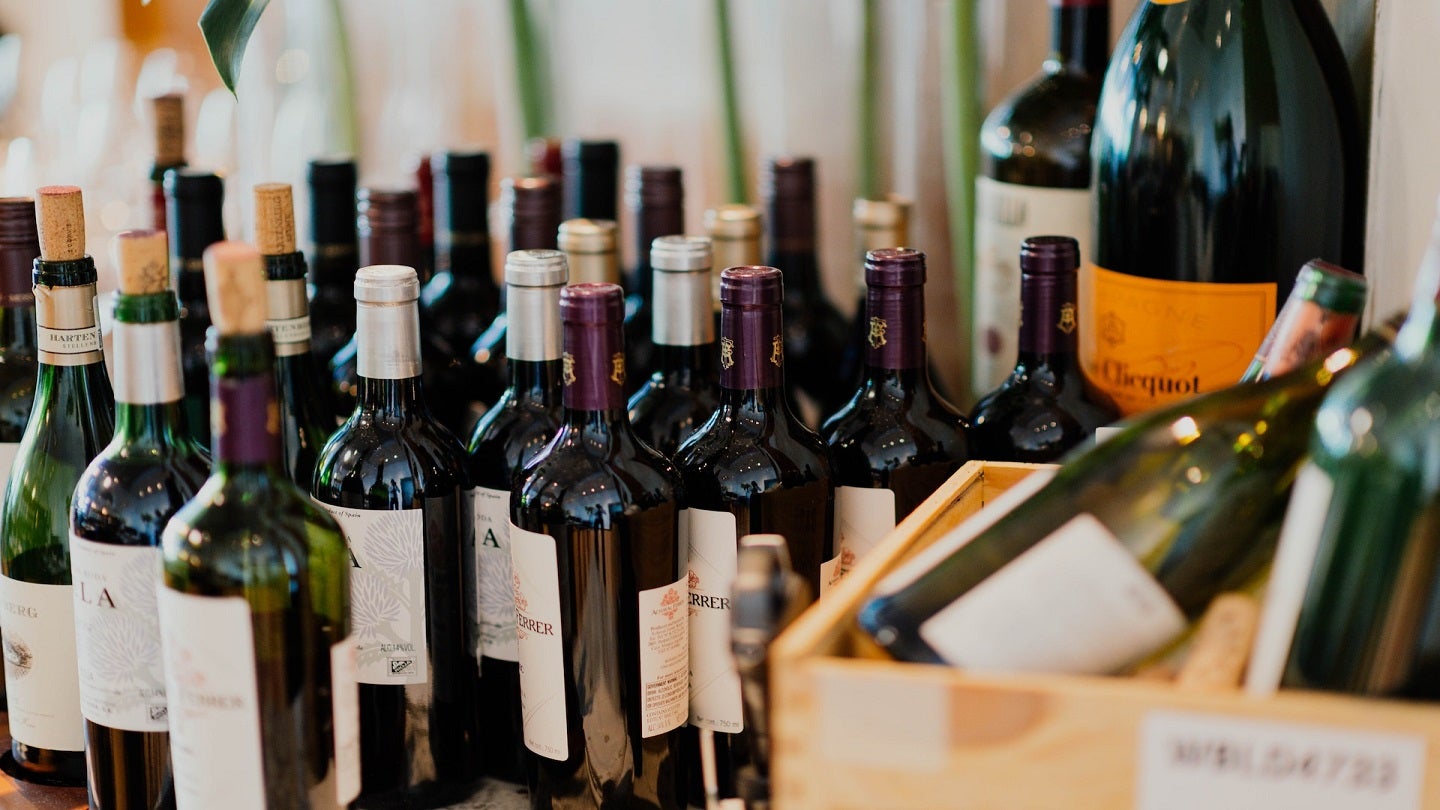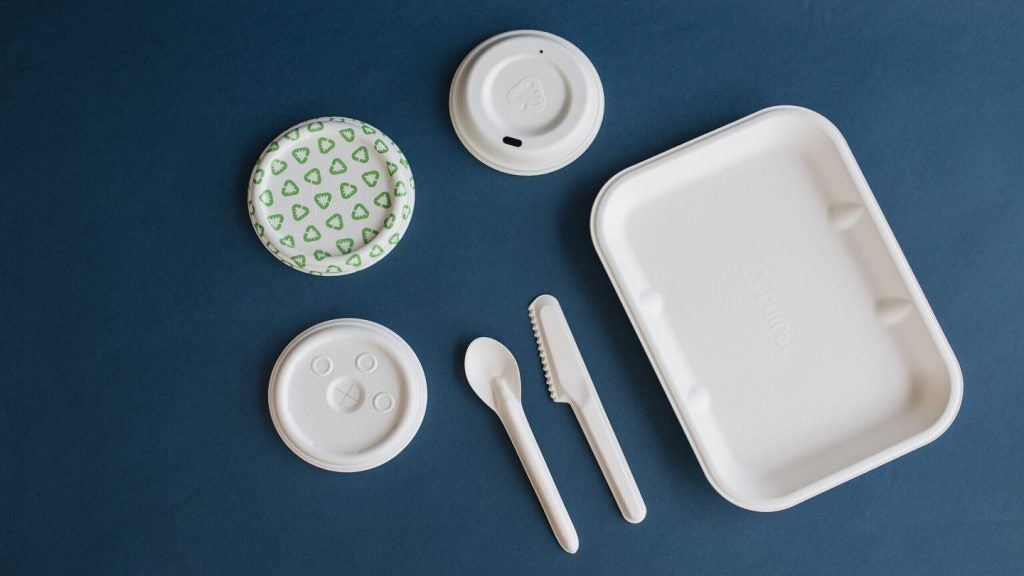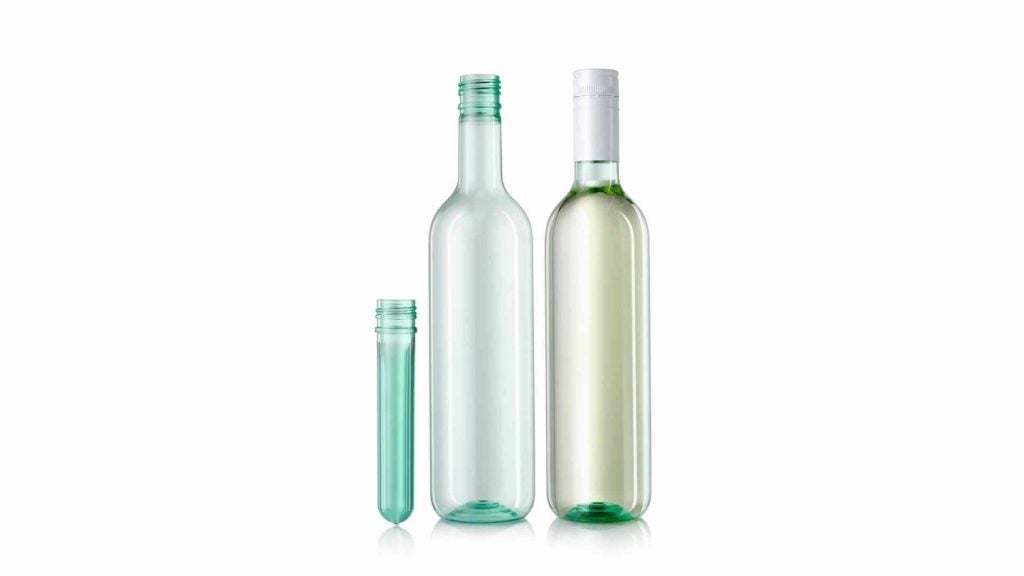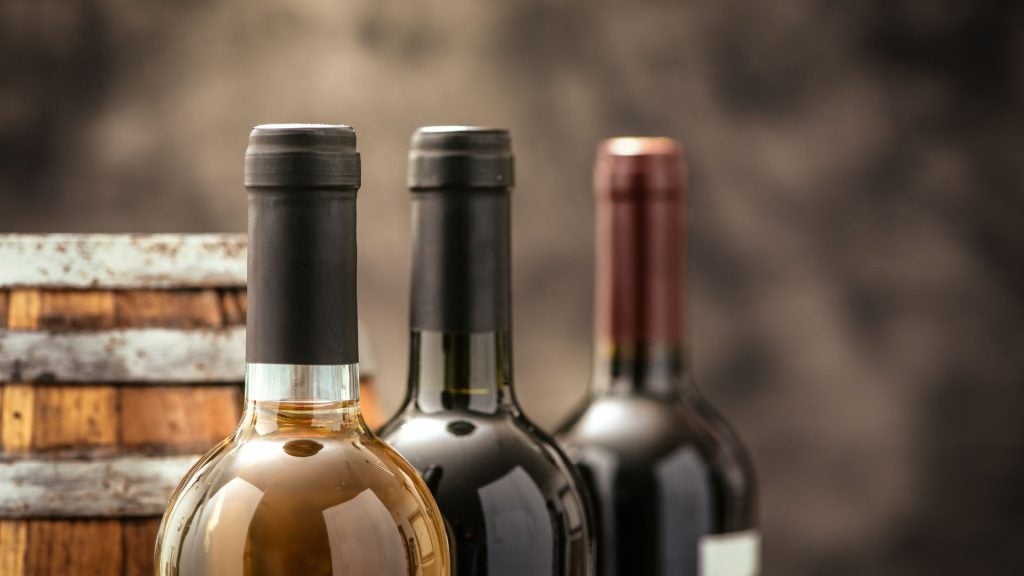
New research conducted by the University of South Australia (UniSA) and the University of Adelaide’s Business School has found that packaging formats influence consumers’ wine packaging choices.
Australian consumers seem to choose traditional glass bottles as their preferred packaging format, followed by cask wine and flat plastic wine bottles.
Based on the results of a survey involving 1,200 participants, UniSA’s Ehrenberg-Bass Institute for Marketing Science observed that canned is the least favoured type of packaging among Australia’s wine drinkers, when looking at casual, at-home consumption.
However, they cans may show promise for other consumption occasions such as outdoors events.
These preferences come even after glass bottles were identified as the primary contributor to greenhouse gas emissions in the winemaking process.
Research has revealed that the production and transportation of glass wine bottles are responsible for more than two-thirds of the industry’s total carbon emissions.
How well do you really know your competitors?
Access the most comprehensive Company Profiles on the market, powered by GlobalData. Save hours of research. Gain competitive edge.

Thank you!
Your download email will arrive shortly
Not ready to buy yet? Download a free sample
We are confident about the unique quality of our Company Profiles. However, we want you to make the most beneficial decision for your business, so we offer a free sample that you can download by submitting the below form
By GlobalDataThe manufacturing of a single wine bottle is said to generate 1.25kg of carbon dioxide.
Australia has been exploring cask and aluminium cans as alternative wine packaging formats, which are considered to be up to 51% more carbon efficient compared to glass.
The research found that the impact of brand recognition and eco-friendly messaging appears to vary, with younger consumers and those who engage in eco-friendly behaviours being more open to alternative packaging.
The research, led by Jakob Mesidis, was funded by the Wolf Blass Foundation.
Mesidis said: “We knew that consumers weren’t buying alternatively packaged wine at the same rate they were buying it bottled, so we wanted to know what we should change to motivate them to choose more sustainable options.
“There are some underlying prejudices in relation to alternative wine packages as they are seen as the cheaper, low-quality option when compared to glass bottles, which come with a sense of heritage and luxury.”
“Canned wine has seen a rise in popularity but is still a small portion of the market. Flat bottles have only recently been introduced to Australia but have grown in popularity overseas.”







